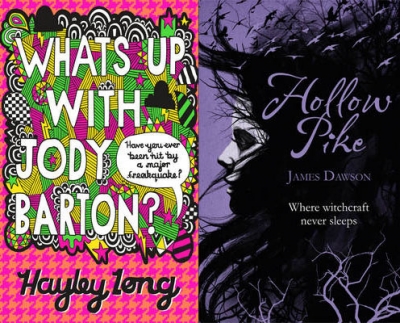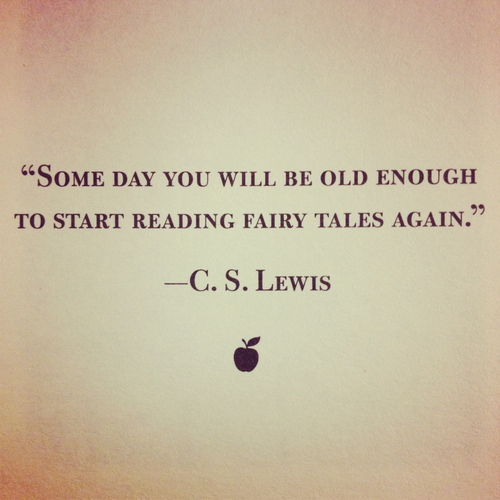
“Y'all should come to that free event. @hayleywrites and I will be discussing why LGBT characters are underrepresented in YA fiction.#YAlit” - James Dawson.
Having spotted an exciting looking retweet announcing the event on my feed two weeks ago from Children’s Book Circle, I ventured out on my own to London on Thursday evening for an evening discussing inclusion and representation in Young Adult literature.
Chaired by Booktrust’s Alex Strick, (@stricolo) who works to make children’s literature accurately reflect diverse society, the event was devised to promote and prompt discussion into an obvious gap in the UK market.
As they worked to compile a list of diversity books for their website, Booktrust were surprised to realise just how few books there are out there that feature lesbian, gay, bisexual and trans* characters. They asked themselves, how can we change this? Nikki Marsh suggested taking a risk and organising an evening of discussion to get the ball rolling. So Nikki, Katherine and Alex assembled an expert panel.
James Dawson is the author of Hollow Pike, a dark adventure which follows a coven of friends, Liz (who identifies straight), Kitty and Delilah (a lesbian couple) and questioning Jack. Written partly as a response to the rise in the supernatural fiction and also from the feeling that he’d never read a book that reflected he and his friends growing up in West Yorkshire. When it came to crafting the friendship group of core characters, Dawson says ‘it never occurred to me not to include queer characters in there.’ (Queer is the term he uses as the children are still discovering themselves and aren’t assigning themselves labels). His characters are driven by their differences, but their difference is that they are witches, not whom they love. They likewise struggle with deadlines, parents and ‘universal experiences.’
In his next novel Cruel Summer, his gay protagonist is an evil teen who (spoiler alert) discovers a body in his swimming pool...because, as Dawson says: ‘Just because you’re gay, doesn’t mean you’re a special snowflake.’
Author Hayley Long wrote 2012 Costa Award shortlisted What’s Up With Jody Barton. She describes her book as ‘sneaky’, and admits that she never set out to write a gay character, Jody ‘found her’ and he crept up as a reaction against writing the same old. She likes to challenge herself as a reader and a writer, and she’d never been a gay teen boy. When asking herself whether or not she could do it, she decided to ‘give it a go, what does it matter?’ With its hot pink jacket and lack of identifiable pronouns on the dust jacket and far into the narrative, Long hoped that her book would encourage her established readership of young teen girls ‘to put on a pair of shoes they weren’t expecting.’ It is essentially a story about an unrequited crush, an experience to which we all can relate.
Catherine Hennigan is a 3rd Year Social and Political Sciences student and Lesbian Convenor at the University of York, working to promote diversity and equality in the workplace with the stonewall young talent program. She discussed her experiences at school, seeking out characters she could identify with at the library and often coming up empty. The titles available often were written by American authors, about circumstances that were unfamiliar, and often showed caricatures rather than characters. She also explained the sense of feeling that she didn’t want to out herself and be seen with ‘the gay book.’ As readers, queer identifying people should be granted the same anonymity of discovery as heterosexual readers, and with the current lack of titles available the ‘rainbow flag’ LGBT books stand out as something somehow other.
Hot Key Books representative, editor Emily Thomas, explains that recently the manuscripts being submitted can have the problem of becoming issue led rather than story focused. The characters identity must be better woven into plot led, well-structured and beautifully written books. Furthermore there is a certain amount of sensitivity that must be taken with portraying people in stories rather than an umbrella of identity. Hot Key Books most recent success with Sally Gardner’s Maggot Moon which touches briefly on a male/male kiss is ‘ultimately about love’ and friendship, yet the plot remains the focus of the story and the protagonists are well rounded individuals. The story is also about dyslexia, dystopia and drive.
Marketing LGBT books is tricky, juggling at once how to highlight the inclusion of characters to those who are purposefully seeking them out and resisting excluding readers from feeling the book is ‘for them.’ The internet is a powerful tool in helping LGBT identifying readers discover books that reflect their wants, with online book groups and lists on sites such as amazon, goodreads and and Booktrust hopes to continue the discussion and create an expanding list of available titles in the UK. Hayley Long explains that she didn't want her readers to pass on by her book before deciding to read it by clearly labelling it as a gay book, and that by not including the identifiers on the book blurb, readers follow Jody on his journey without prejudice.
There is a demand for more books featuring lesbian and gay characters, as people should see themselves reflected in literature they consume. As Cat Hennigan says ‘everybody should be reading these books’ so as to normalise society in the way it is consumed by the public. Dawson agrees that although LGBT readers may be a minority, heterosexual members of society are still ‘living with us’ and therefore the books aren’t just ‘special books for special people’ but a realistic representation of the reality of the world we live in and share. As society becomes more open to equality, political debate surrounding marriage equality takes significant strides forward, and media such as television and film introduce LGBT characters, it is strange that the publishing industry is falling behind.
As I work on my Major Project looking into strategies for marketing LGBT YA lit during 2013, this event was incredibly insightful and useful (and funny!)
I hope to see more events such as this from Booktrust and others in the future.
Find out more information at the Free Word page
Keep an eye out for the Podcast read Katherine Woodfine's blog about the event here
Free Word is an international centre for literature, literacy and free expression. It aims to push boundaries to promote, protect and democratise the power of the written and spoken word for creative and free expression.


 RSS Feed
RSS Feed
